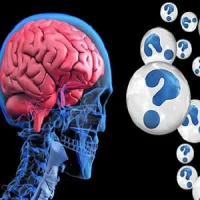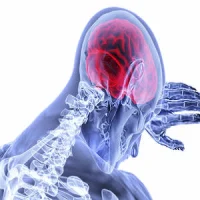Amidst growing popularity of artificial intelligence-based technology in healthcare, two experts share insights that are valuable particularly for hospitals planning to purchase AI tools. Their advice: Know that AI and machine learning are augmentative tools, understand that size matters among data sets, real-world applicability is a must, and the tools must be trained and validated.
AI and machine learning are advanced technologies that enhance the capability of users (human beings) in order to do their tasks in the most efficient manner. AI tools are there to supplement human expertise, experience and decision-making.
AI technology is "designed to augment human insight, not replace it," says Raj Tiwari, chief architect at Health Fidelity, which uses natural language processing technology and statistical inference engines, mixed with analytics, to identify and correct compliance risks. Tiwari cites this example to illustrate his point: A doctor can use AI to access the distilled expertise of hundreds of clinicians for the best possible course of action. This is far more than he or she could ever do by getting a second or third opinion.
In other words, AI should be treated as one of the many tools at the disposal of the user, not the definitive solution, Tiwari points out.
Healthcare organisations need to make sure the team that developed their AI tools has a deep enough understanding of the relevant industry, according to Brent Vaughan, the CEO of Cognoa, a company that develops AI tools for diagnosing medical conditions.
“Many people in the machine learning and AI world, especially consultants, feel that great AI can be developed without requiring deep domain knowledge – they will say that their AI solution is ‘domain agnostic,’” Vaughan says. “Many would not agree – and in healthcare, this can particularly be untrue.”
Healthcare data sets, notably, are often much smaller than in other consumer and business applications. Hence, healthcare AI tools require that the AI developers have a deeper industry knowledge and understanding of the data, because coding mistakes and data misinterpretation are amplified in smaller data sets, Vaughan explains.
Real-world applicability is a must. One of the biggest challenges to machine learning adoption across the healthcare industry is scalability, Tiwari says. “An algorithm may work flawlessly in the controlled academic or limited clinical setting, but translating that to the real world can introduce any number of complications,” he explains.
Healthcare AI tools also must be trained and validated with representative populations. As Vaughan explains: “Since the training and validation data sets often are much smaller in healthcare, the differences between populations can become exacerbated." For example, primary and secondary or tertiary care settings can see dramatically different incident rates for different events. An AI tool that is good at predicting a particular outcome in one setting may have a much higher error rate in the other setting.
In addition, AI tools in healthcare must help meet security and compliance commitments, Tiwari says.
Source: Healthcare IT News
Image Credit: Pixabay
Latest Articles
machine learning, Artificial Intelligence, AI, AI tools
Amidst growing popularity of artificial intelligence-based technology in healthcare, two experts share insights that are valuable particularly for hospitals planning to purchase AI tools. Their advice: Know that AI and machine learning are augmentative to










